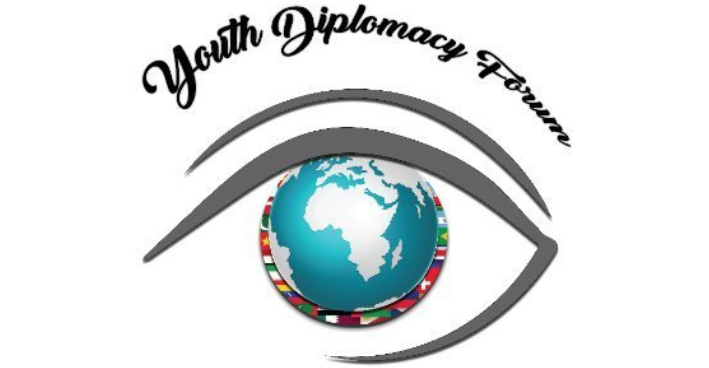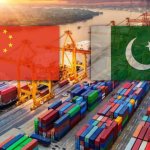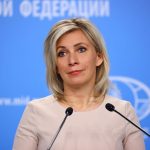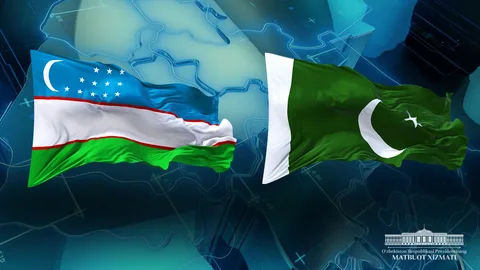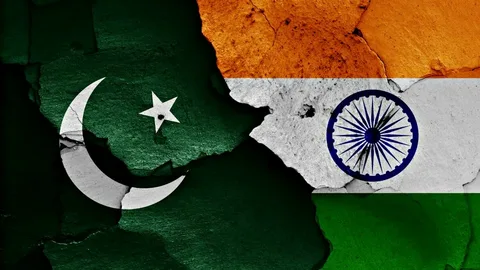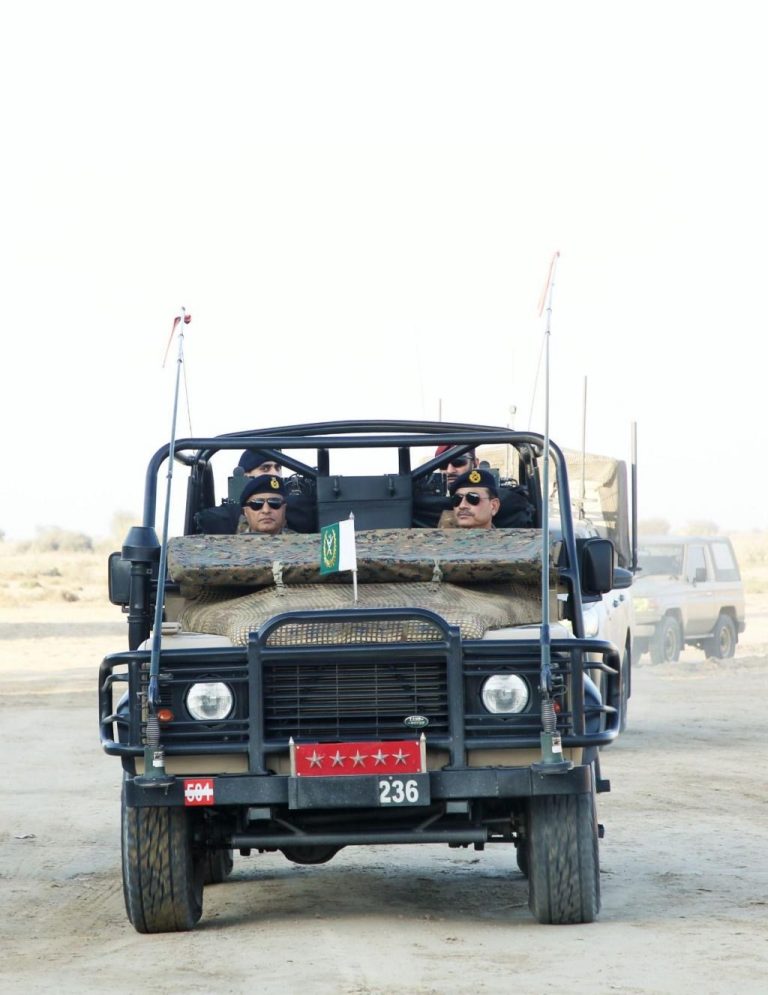During a phone conversation on Thursday, Xi Jinping and Vladimir Putin attempted to create the image of China and Russia as rational voices advocating for the de-escalation of a fight that the United States is considering engaging.
The rapidly escalating war between two sworn rivals in the Middle East has given Beijing and Moscow another chance to position themselves as an alternative to US power, as US President Donald Trump considers backing Israel in attacking Iran.
According to the Kremlin, Putin and Xi vehemently denounced Israel’s activities in their call, claiming that they violated the UN Charter and other international legal standards.
Xi used a more measured tone in Beijing’s readout and refrained from outright denouncing Israel, in contrast to his foreign minister, who did so during a phone conversation with his Iranian counterpart last week.
In order to prevent further escalation and regional spillover, the Chinese leader instead asked the warring parties, “especially Israel,” to cease fire as soon as possible.
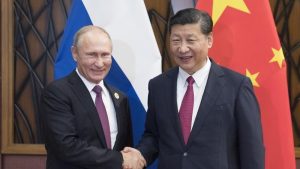
Notably, Xi stressed in a covert communication to Trump that “major powers” with unique sway over the conflict’s parties ought to try to “cool the situation, not the opposite.”
Some Chinese academics are now using the Iran situation to emphasize Beijing’s long-standing accusation that Washington is the cause of Middle East instability and tensions.
Shanghai International Studies University Middle East specialist Liu Zhongmin ascribed the most recent escalation to the unpredictability brought about by Trump’s second term as well as the disorganized, opportunistic, and transactional character of his Middle East strategy.
Liu wrote in state media this week that “(Trump) has seriously undermined the authority and credibility of US policy in the Middle East, eroded America’s leadership and image among its allies, and also compromised its ability to threaten and deter regional adversaries.”
Beijing is not interested in an all-out conflict with Iran that might result in the overthrow of the government. As China seeks to increase its own diplomatic and economic presence in the Middle East, Iran has become a powerful force under Supreme Leader Ayatollah Ali Khamenei, serving as a crucial counterbalance to US dominance in the region.
Beijing’s goal to become a new powerbroker in the area was demonstrated in 2023 when it assisted in mediating an unexpected reconciliation between Iran and Saudi Arabia, longtime adversaries.

China has supported Iran for a long time by continuing to import oil and by holding a seat on the UN Security Council. The two nations have strengthened their strategic alliance in recent years, participating in combined naval drills with Russia.
Beijing invited Tehran to join the BRICS and Shanghai Cooperation Organization, two organizations headed by China and Russia that aim to subvert the US-led global order.
Iran is also a key hub in China’s worldwide investment and infrastructure project, the Belt and Road Initiative (BRI). The nation borders the Strait of Hormuz, a crucial chokepoint for Chinese oil imports from the Persian Gulf, and is close to the strategically important Gwadar port, a major BRI outpost in Pakistan that provides China access to the Indian Ocean.
Like Russia, China has positioned itself as a peace broker and a rival to US leadership by offering to mediate the Israel-Iran confrontation.
According to the Chinese readout, Xi made four general recommendations to defuse the situation during his call with Putin, including protecting civilians and settling the Iran nuclear problem through negotiation.
Wang Yi, Xi’s foreign minister, has been on the phone a lot this week, doing a frenzy of diplomatic outreach with his counterparts in Iran, Israel, Egypt, and Oman.
Source: BBC and other media outlets
